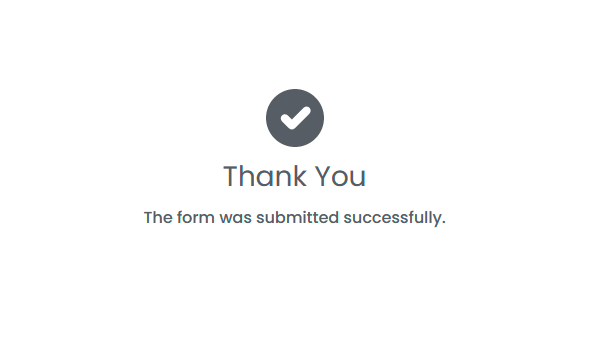Incident and Situation Management
Traditional management of a large enterprise is smooth and inert. However, the digital era has brought agility even to the most conservative markets, and operational managers are now getting updates in near real time.
Instant reporting and decision-making assistance becomes especially important if something jumps the track. This is when even seconds matter and many corrective actions should be executed by a machine.
In a typical scenario, it plays a role of Manager of Managers, acting as a middleware that normalizes incidents aggregated from multiple low-level control, monitoring and management systems. A certain number of events can be still directly bridged from the physical asset world.
Working as a heart of your situation center, AggreGate provides a full coverage for incident management and debriefing, post-flight analysis, event correlation, and task force management.
Unified Command and Control Platform
Command and Control Center (CCC) enables a fast, reliable and precise response to any critical event, automated preventive and remedial procedures, as well as structures the daily operational sequences. AggreGate’s capabilities in process control and data orchestration make it an excellent CCC solution for such critical infrastructures as ports, airports, heavy industries, energy generation and distribution enterprises, and smart/safe city coordination centers.
Situational Awareness
Providing an end-to-end visibility throughout your infrastructure and strong analytical capabilities, AggreGate optimizes your decision-making process by offering a well-organized information about trends, status and predictions falling inside the window of opportunity. The event-driven system architecture ensures that a typical time-to-get-aware is measured in seconds even for large distributed enterprises.
Disaster Recovery and Debriefing
AggreGate’s interactive workflows allow building the structured and sophisticated incident debriefing scenarios. The operating crews and supervisors get through a sequence of steps ensuring they abide by the formal pre-negotiated recovery checklists. A headless part of the recovery workflows may involve notification broadcasting, reporting the incident to authorities and taking automated corrective actions.
Event Correlation and Root Cause Analysis
The platform correlates millions of events across the incoming streams and pinpoints a few ones that are really important. It can then use the other event management and analytics instruments to figure out the root cause of those events – be it other events with much lower priority or a state of some infrastructural components. An idea behind that is avoiding the event storms even in case of the wide-scale catastrophic situations when quick reactions to primary causes are especially important.
Action Audit Trails
AggreGate keeps track of all events, value/status changes and operator activities, both external and generated by the system components. It provides some detailed audit information for the post-event analysis of the situation itself and the actions taken to prevent and remediate it.
Physical Security Information Management
PSIM is a special type of incident management system related to monitoring and managing the events originated from the physical security infrastructure. AggreGate’s capabilities in the physical access control, generic infrastructure monitoring and video surveillance integration keep it a serious player on the PSIM solution market. It suits especially well in the Manager of Managers scenario when it takes care of the lower-level vendor-specific physical security products.
GIS Powered Visualization
Multi-layer maps displaying objects, paths, topologies, and geofences are a foundation of the highest-level dashboards in most of our incident management deployments. Maps can be enriched by any custom controls for filtering the content and adjusting the presentation mode (e.g., switching between Google Maps, OSM, Bing Maps, etc.).
Video Wall Displays
AggreGate Unified Console is a cross-platform application that perfectly works in the full-screen multi-monitor scenarios typical for video walls in the situation center rooms. It’s even possible to substitute an operating system shell preventing operators from accessing the OS components and other applications on displays visualizing a mission-critical environment.
Emergency Mass Notification
Support for the high-speed messaging protocols, such as SMPP, XMPP and MQTT, is important once a large number of notifications is sent within a limited period of time. The recipient lists, notification settings and message contents can be flexibly managed within the platform. The platform also supports direct modem communications for SMS messaging that must not be affected by the server’s network connectivity.
Task Force Management
AggreGate interfaces mobile applications used by the field service engineers. It forwards job orders to the proper teams. It also collects and stores the job results, including multimedia files (before/after photos and videos). Finally, it enables the mobile team monitoring and automated logistics/workload optimization.
Incident Management Middleware
In large environments, AggreGate is often used as a middleware between NMS/BMS/SCADA systems and ITSM/Helpdesk/Service Desk/Maintenance systems. In this scenario, AggreGate collects and consolidates the alerts from diverse management systems, normalizes and enriches them by using the information pulled from Inventory systems, and then forwards the enriched alerts to ITSM systems by converting them to trouble tickets and maintenance orders.
Those tickets are then managed by AggreGate, i.e. auto-closed upon the alarm deactivation.
